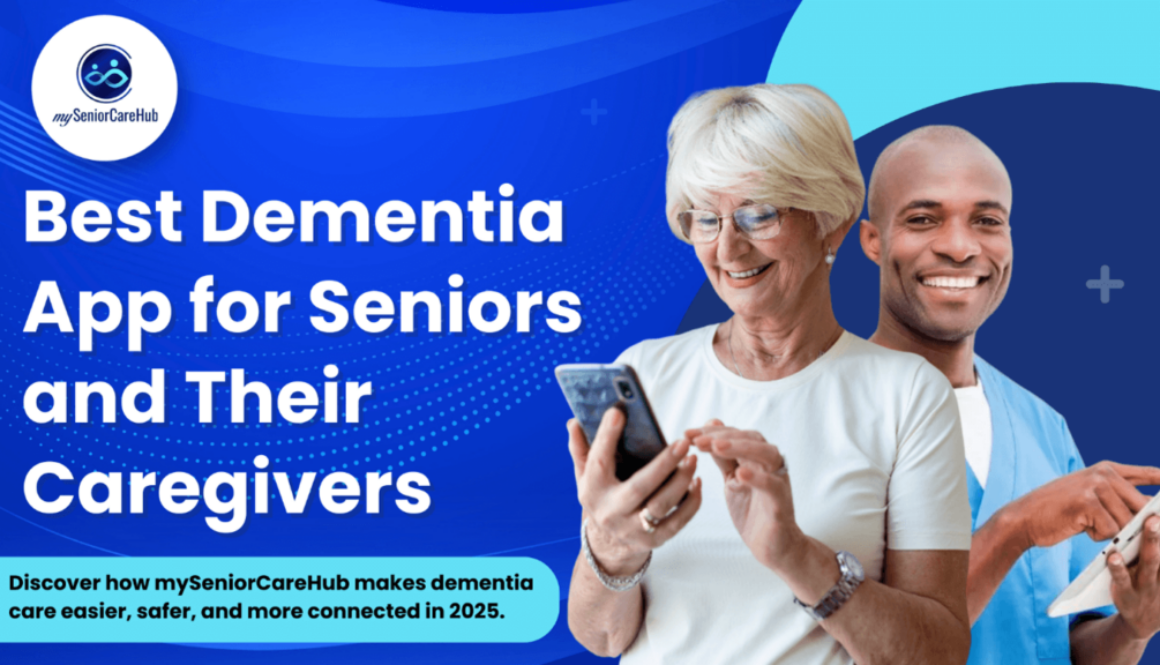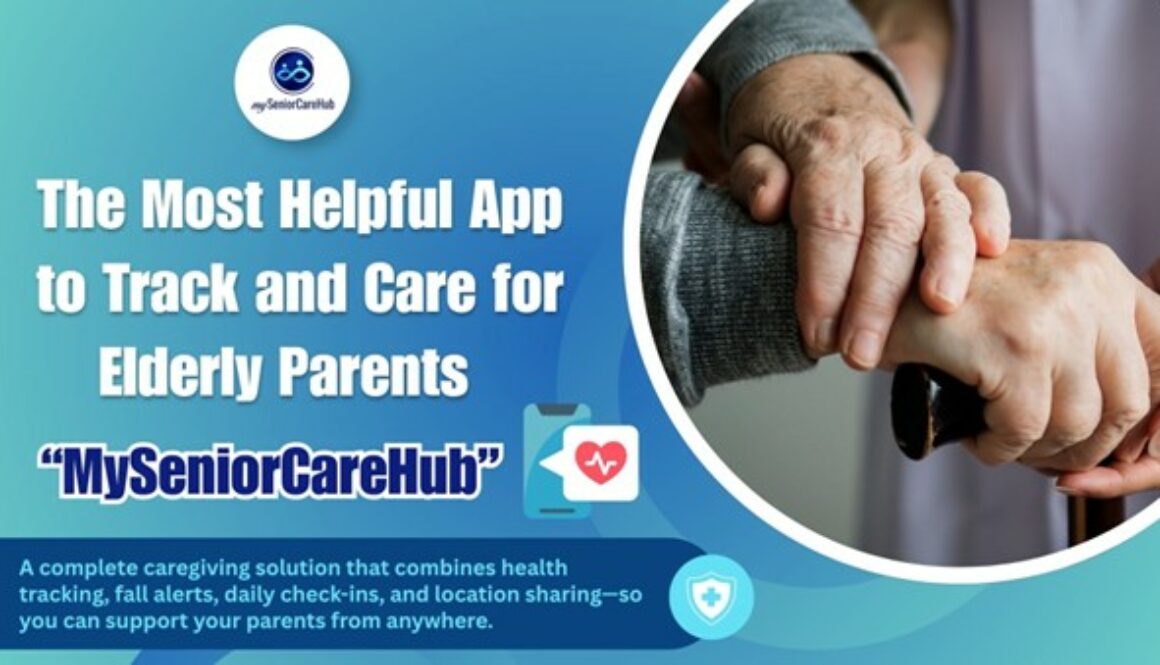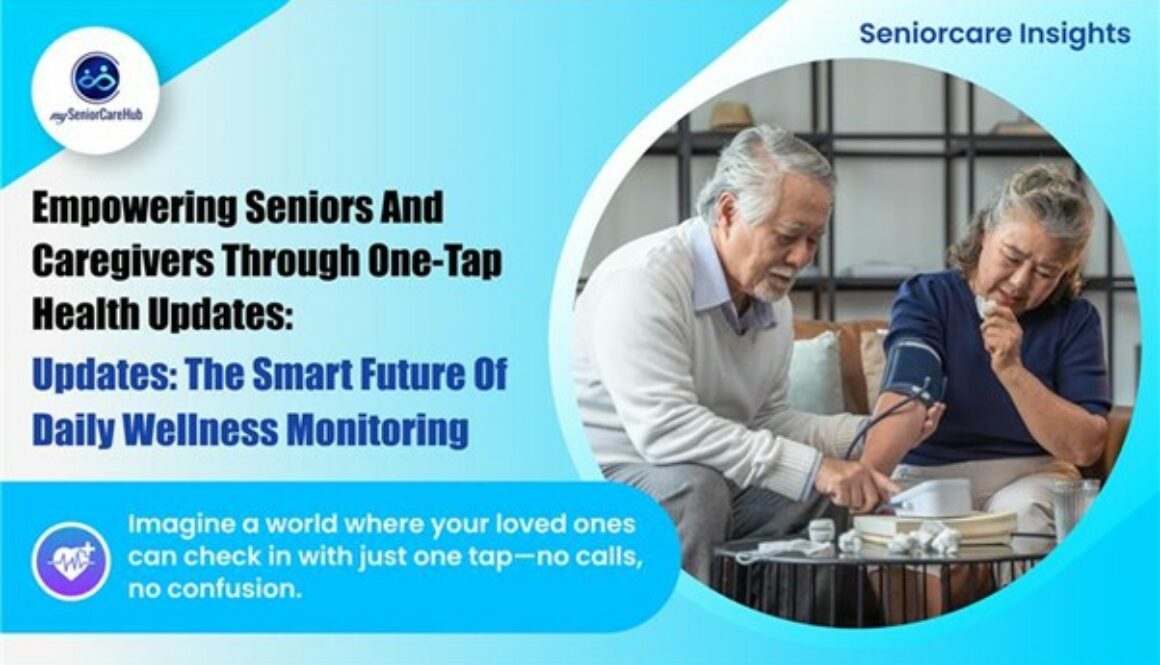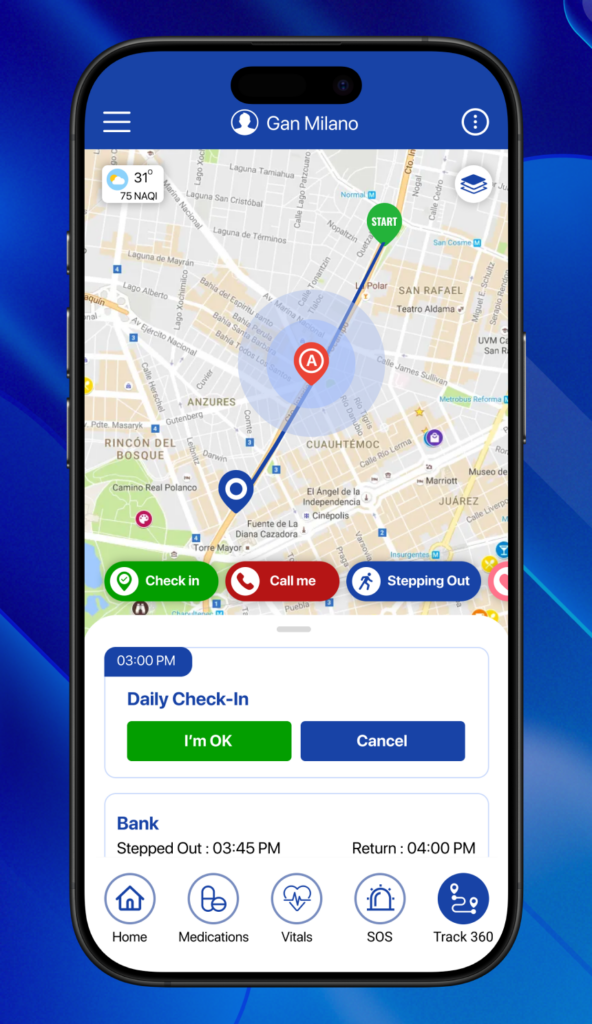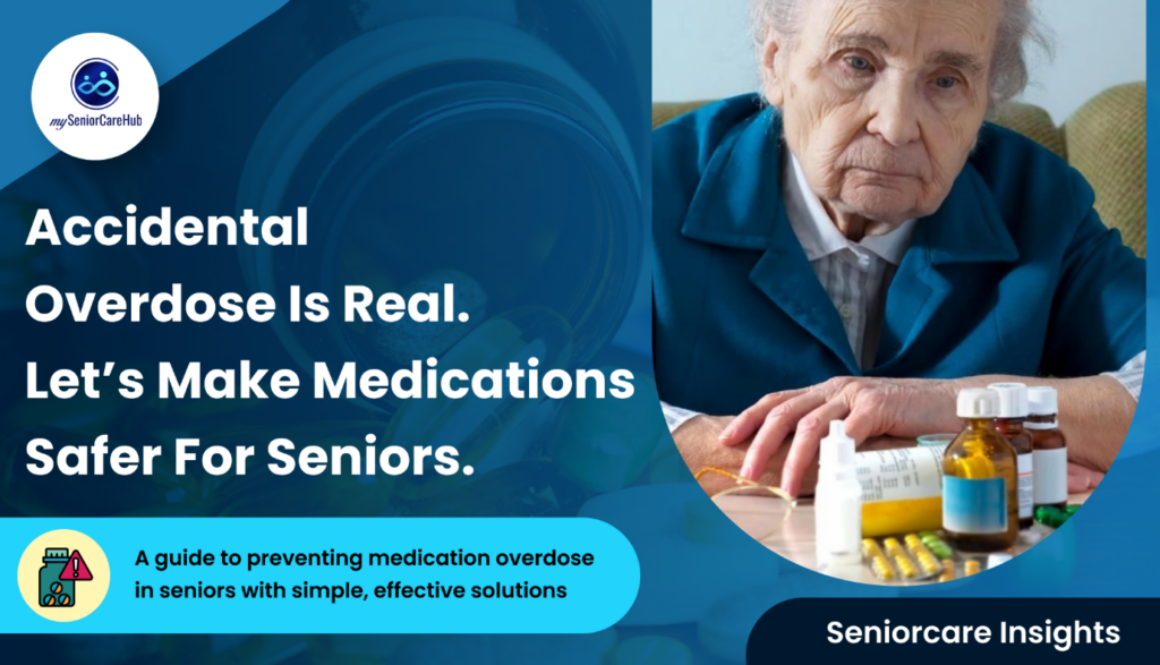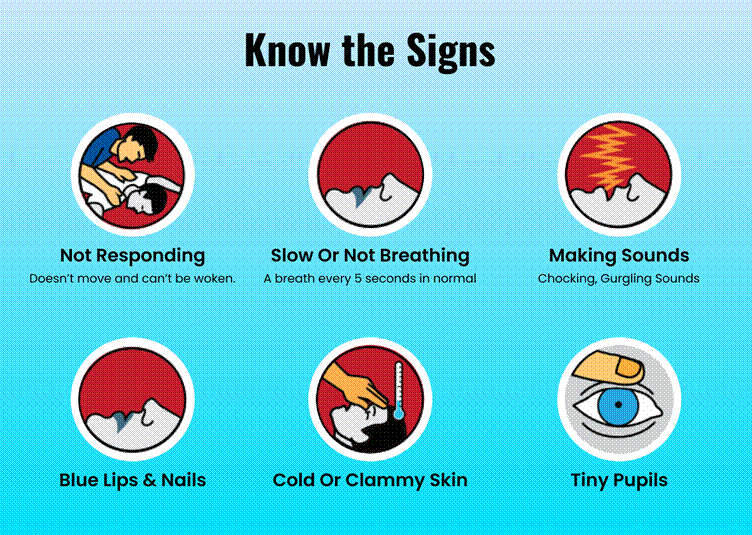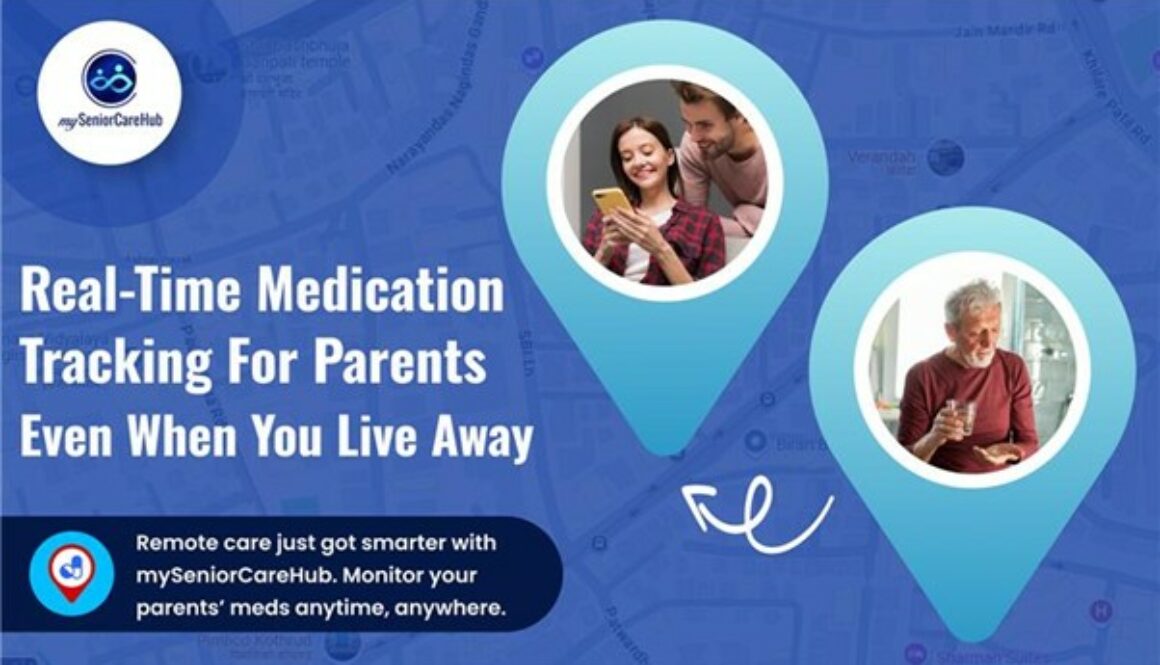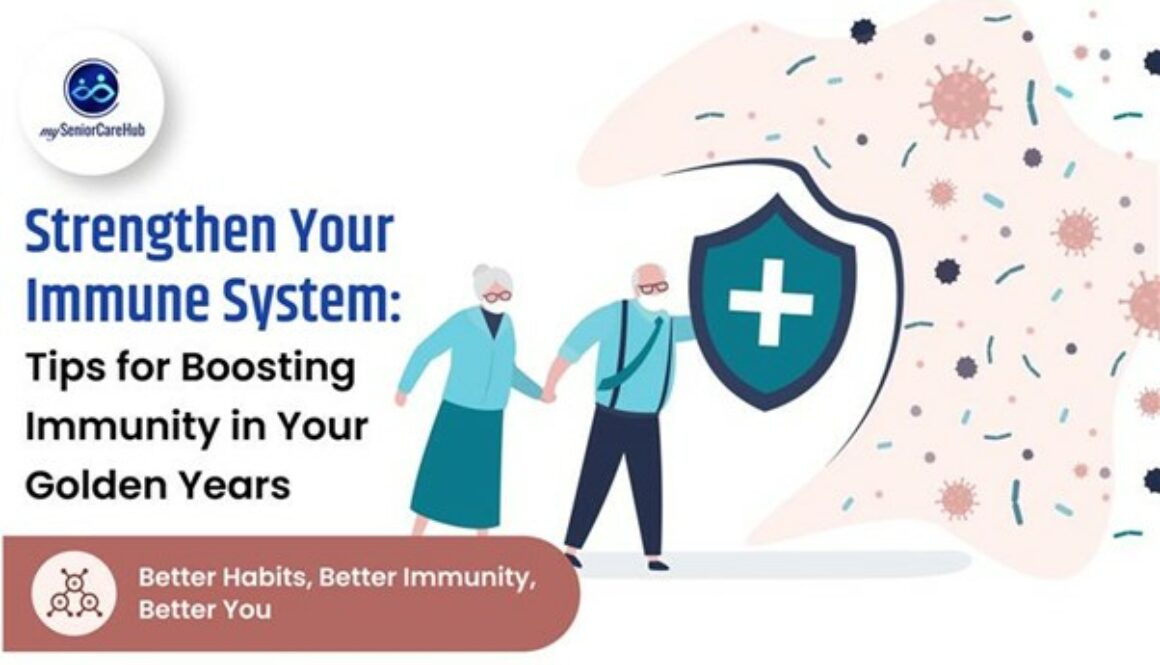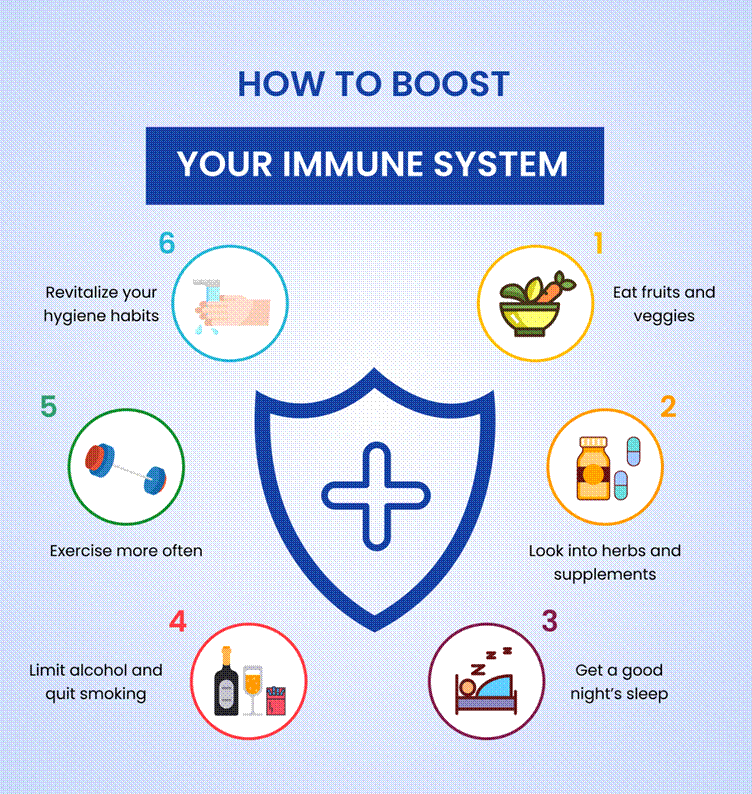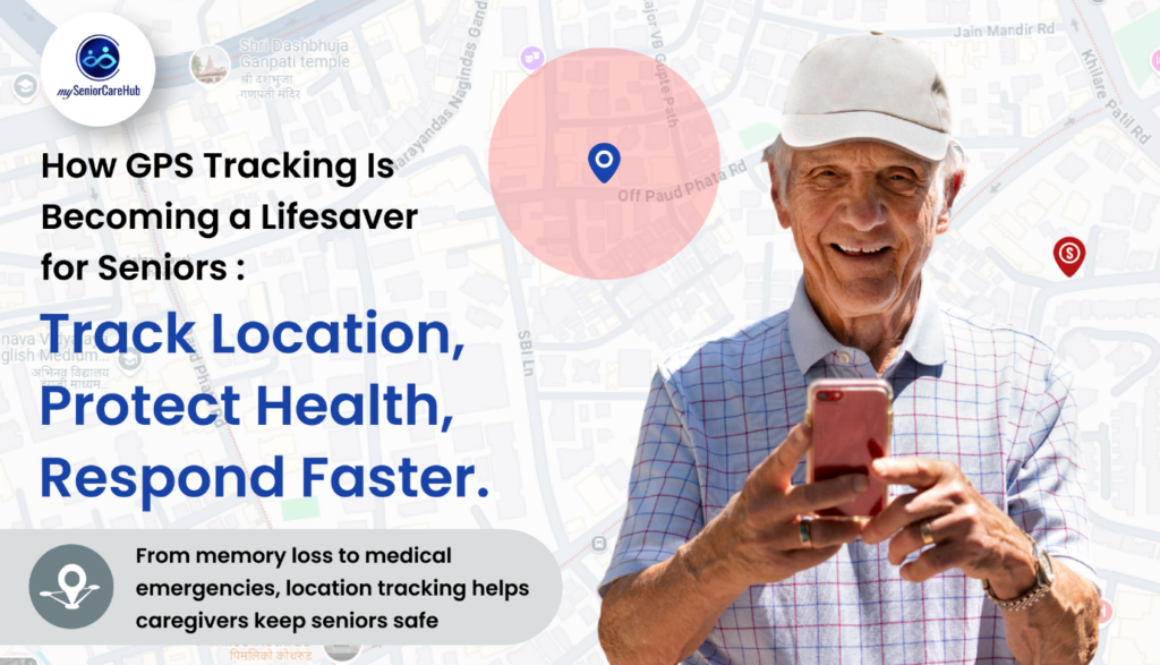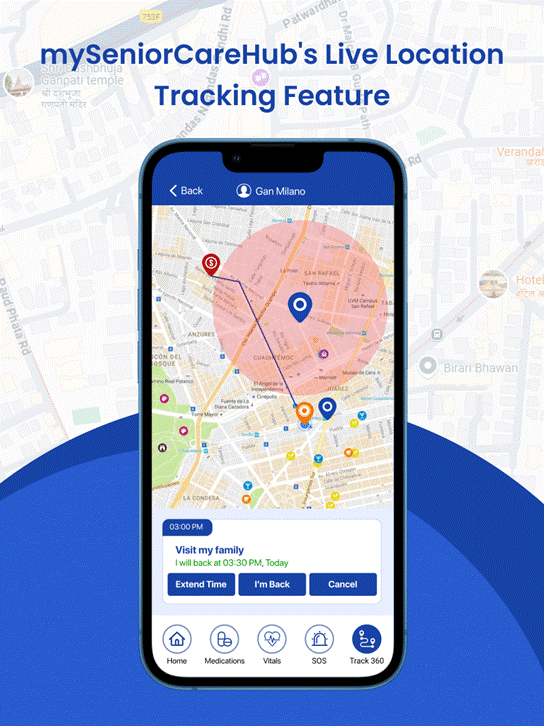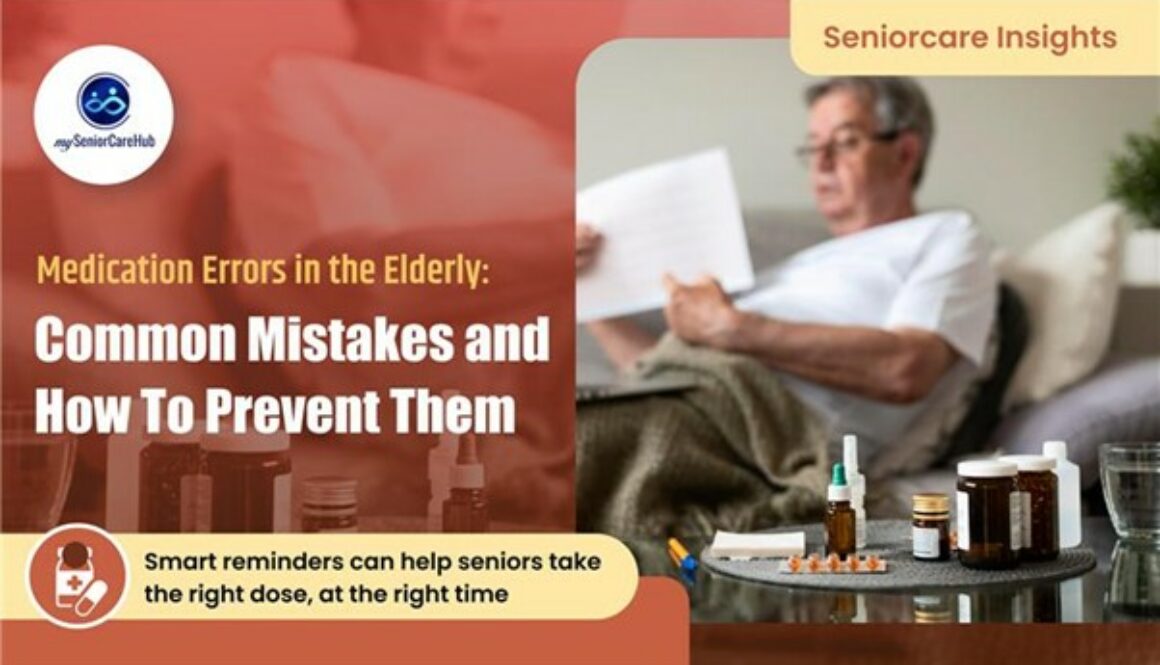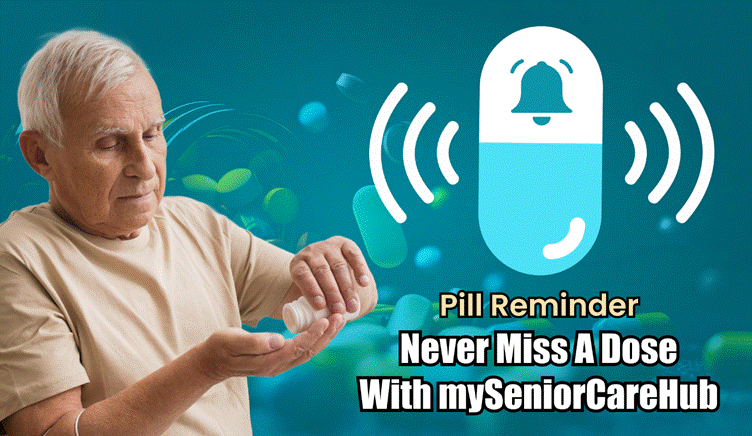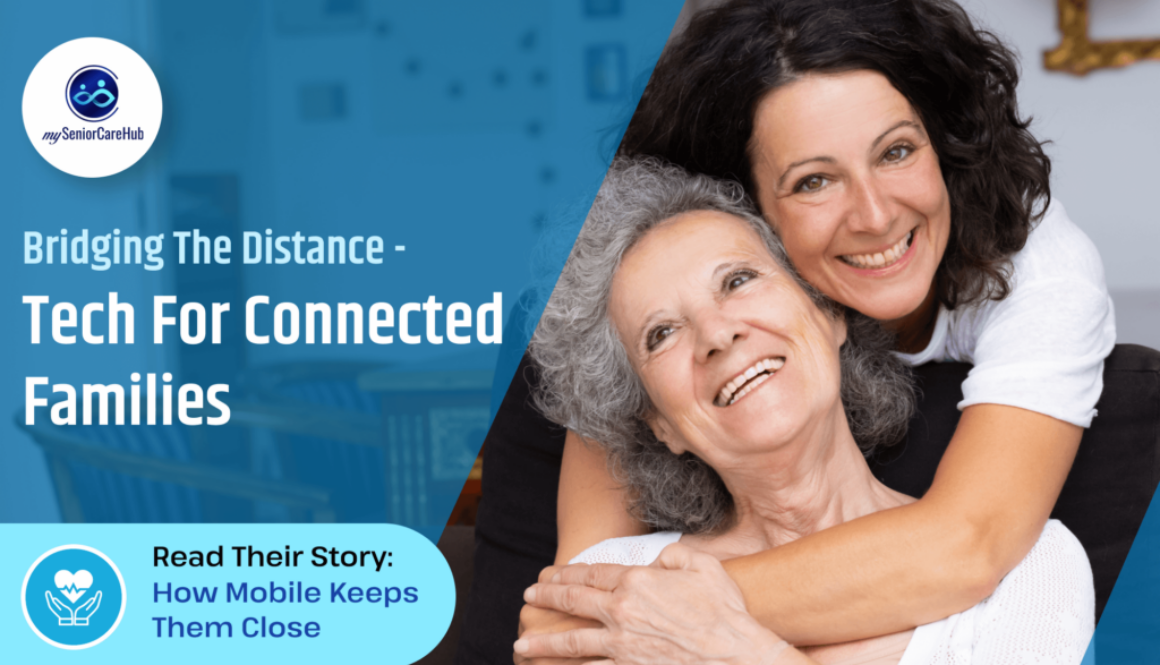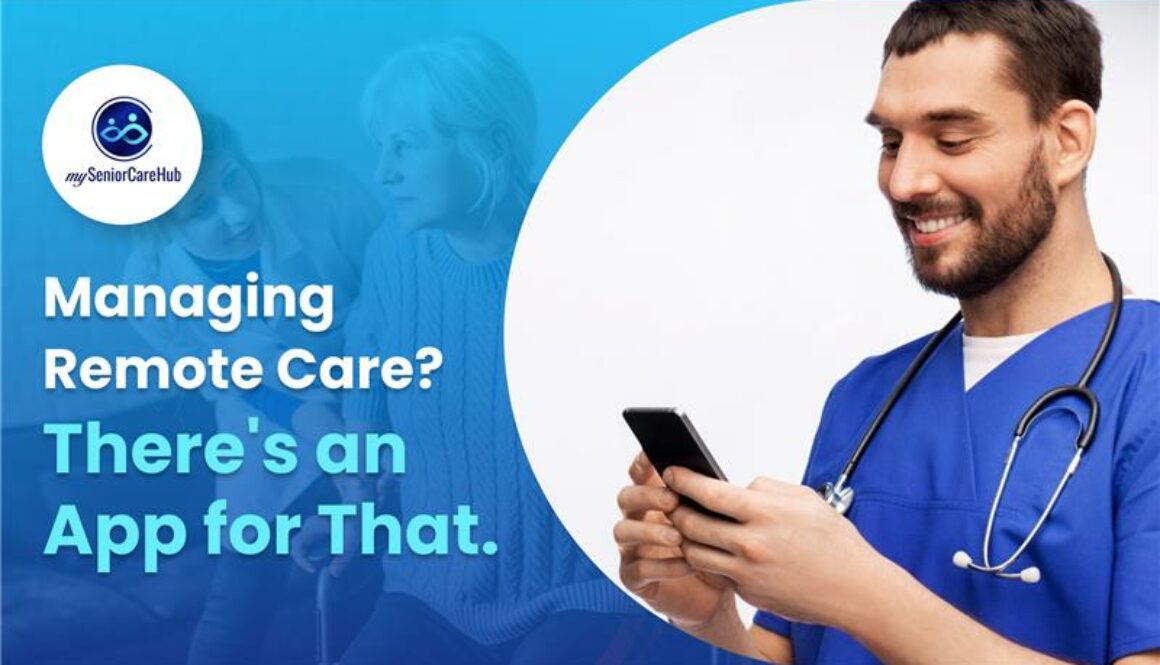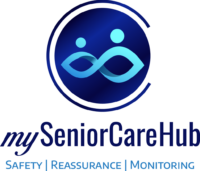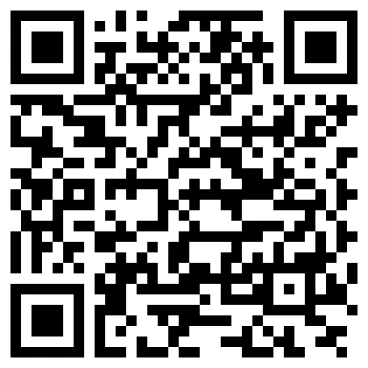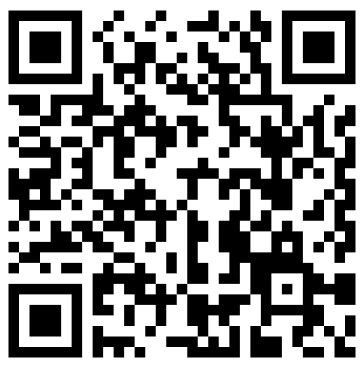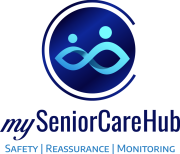Best Dementia App for Seniors and Their Caregivers (2026 Update)
Caring for someone with dementia is more than remembering pills or checking locations. It’s about keeping them safe, supported, and feeling loved. That’s where the right app makes all the difference.
In 2026, mySeniorCareHub stands out as the best dementia app for seniors and caregivers alike, combining medication reminders, live location tracking, emergency SOS, and routine check-ins into one simple, friendly platform.
Let’s see why this all-in-one tool is changing the way families handle dementia care.
Why Dementia Apps Matter in 2026 – Best Dementia App for Seniors
Dementia care is often unpredictable. One day, everything feels fine; the next, your loved one might wander outside or forget critical medication. A good dementia app helps caregivers stay a step ahead, offering tools that bring structure and safety without feeling intrusive.
Today’s families want more than reminders. They want peace of mind, connection, and real support. That’s exactly what mySeniorCareHub delivers.
mySeniorCareHub: All-in-One Dementia Care Companion
mySeniorCareHub app isn’t just another tracker. It’s built specifically for seniors living with memory challenges and the people who care for them. Here’s what makes it different:
| Feature | How it Helps Caregivers & Seniors |
| Medication Reminders | Sends clear, easy-to-read alerts to seniors and caregivers so no dose is missed. |
| Real-Time Location Tracking | Let caregivers see where their loved one is anytime, preventing wandering risks. |
| Emergency SOS Button | Seniors can send instant alerts to caregivers in case of confusion, falls, or other emergencies. |
| Routine Check-Ins | Schedule friendly prompts for hydration, meals, short walks, or mental exercises. |
| Shared Calendar & Notes | Helps families coordinate appointments, visits, and activities seamlessly. |
Keeping Medication Simple & Safe
Medication management is one of the biggest stress points for dementia caregivers. mySeniorCareHub app makes it easier by:
- Sending scheduled reminders to both the senior’s phone and the caregiver’s device
- Offering simple yes/no checkmarks to confirm doses
- Keeping a digital log that shows what was taken and when
Location Tracking for Peace of Mind
Wandering is a real risk with dementia. mySeniorCareHub’s live location tracker helps caregivers know exactly where their loved one is at any moment. Plus:
- Set safe zones (like home, park, or nearby store)
- Get instant alerts if your loved one moves outside those areas.
- Share tracking with multiple family members so everyone stays updated.
One-Tap SOS for Emergencies
Emergencies happen fast. With mySeniorCareHub, seniors have a bright, easy-to-tap SOS button right on the app’s home screen. Pressing it sends alerts to all linked caregivers with the current location, so help can reach them quicker.
It’s a small feature that makes a huge difference in real moments of confusion or distress.
Supporting Daily Routines & Wellbeing
Routine matters a lot for people with dementia. mySeniorCareHub app helps keep daily life on track with:
- Gentle reminders for meals, drinks, or short walks
- Prompts for memory-boosting activities or mindfulness moments
- A shared calendar where family can add doctor visits or social plans.
Built for Families, Backed by Care Experts
What sets mySeniorCareHub apart? It’s designed together with dementia care professionals and real families. The result is an app that’s:
- Easy for seniors to navigate (big buttons, clear fonts)
- Flexible for caregivers with custom reminders and notes
- Continuously updated based on real feedback.
Final Thoughts
Caring for someone with dementia is a journey filled with love, patience, and daily challenges. In 2026, mySeniorCareHub is more than an app; it’s a trusted companion helping families stay organized, connected, and calm.
If you’re looking for the best dementia app this year, one that truly understands what families face, give mySeniorCareHub a try.
Because better care starts with better tools, and your loved one deserves the best.
Frequently Asked Questions
How can an app actually help someone with advancing dementia?
While technology can’t replace human care, it provides a safety net. For seniors, it offers simplified prompts that encourage independence.
For caregivers, it reduces “hyper-vigilance” by providing automated alerts for medications and location, allowing you to focus on quality time rather than constant monitoring.
Is the app easy enough for a senior with memory loss to use?
Yes. Unlike standard health apps, mySeniorCareHub features an “interface-first” design. This means extra-large buttons, high-contrast colors for better visibility, and a simplified layout that eliminates confusing menus.
The goal is to make the SOS and reminder features accessible even during moments of mild confusion.
What happens if my loved one forgets their phone or it loses battery?
Our mySeniorCareHub app includes a Low Battery Alert sent directly to the caregiver’s device.
We always recommend that the app be part of a broader safety plan, such as keeping the phone in a dedicated “exit-door” pouch or using a wearable lanyard, to ensure it stays with the senior when they leave the house.
Can multiple family members track one senior at the same time?
Absolutely. Caregiving is a team effort. You can sync mySeniorCareHub app across 4 premium family accounts (devices) under one roof, so that siblings, spouses, or professional aides all receive the same real-time updates, medication logs, and SOS alerts.
How does the “Safe Zone” (Geofencing) feature work?
You can draw a virtual perimeter on a map like a two-block radius around their home. If the senior’s device crosses that boundary, mySeniorCareHub app sends an instant notification to the caregiver.
This is a critical tool for managing “wandering” behaviors common in middle-stage dementia.

